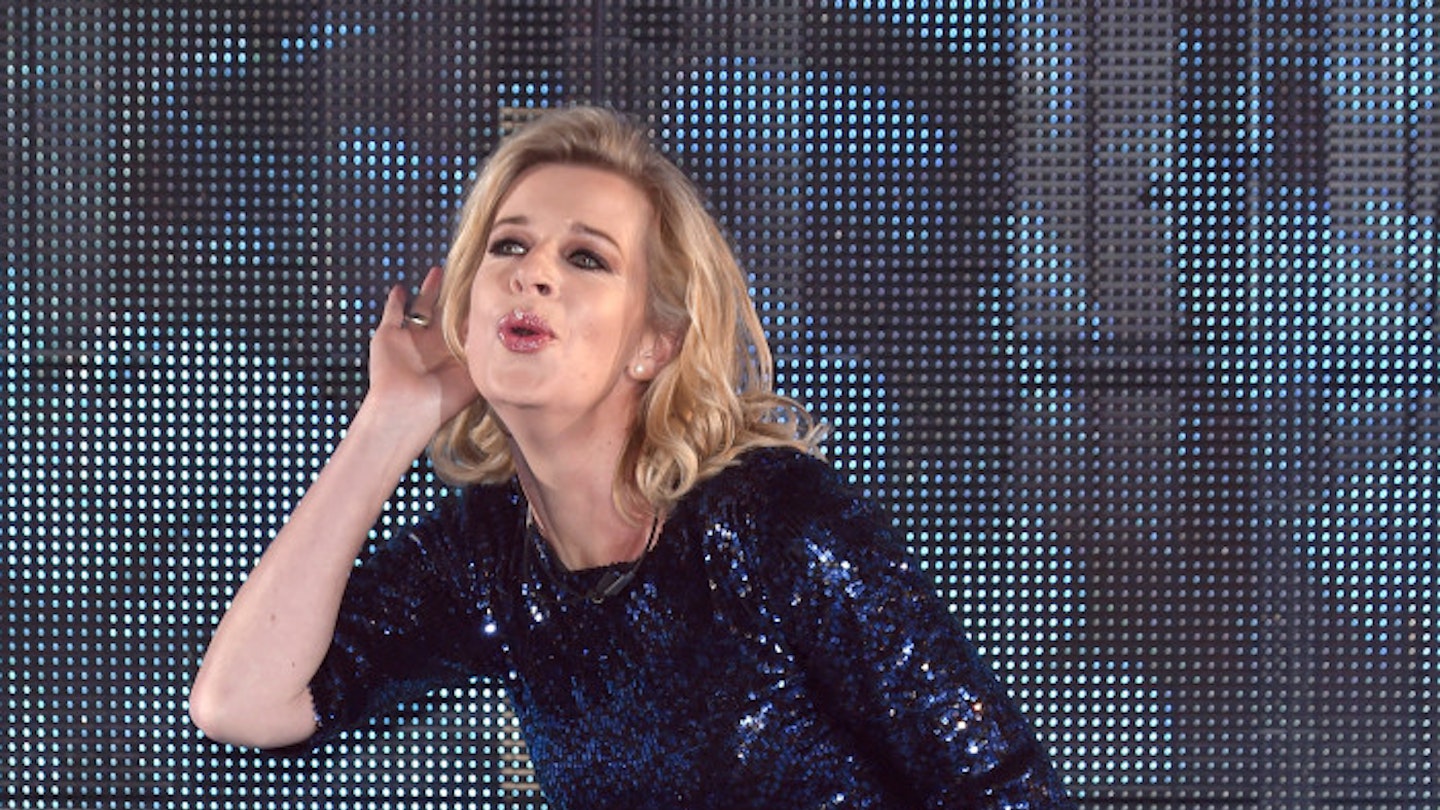As Katie Hopkins continues her reign as queen of the clique in the Celebrity Big Brother house, we meet an adult mean girl to find out just why getting nasty can sometimes get you far.
I sit in silence, staring stonily at the wall ahead, and from my peripheral vision I watch Juliet*, a 24-year-old recent graduate, wilting as her voice begins to falter. I’m her line manager, but as she desperately eyes me for support while she gives a presentation, I know that frosty silence is the most effective way to put her off her game and sabotage her self-confidence. I feel oddly elated at how simple this was to engineer. You become fairly immune to other people’s meltdowns when you’re an adult mean girl like me.
I learned at school that if you want respect, the quickest route is to intimidate people. You get more from others if they feel they need to win you over, and, if you treat people in a standoffish manner, you gain the upper hand. I went to a fairly posh girls’ school where I was the least well-off in my year. I was 11 years old when I realised I had a choice – I could feel inferior to my friends and their Marc Jacobs schoolbags, or I could intimidate them – mocking their flashy choices and acting like I wouldn’t (rather than couldn’t) be seen dead in them. Obviously, this was my own insecurity, but I quickly earned a reputation for being cool and edgy.
I used this strategy of ‘negging’ (making negative remarks to attract people to you) on men. I learned to maintain an aloofness even with guys I liked to keep the upper hand. I’m currently dating a whip-smart guy who’s very much the affable joker. The route to his heart? I never laugh at his jokes. The fact he can’t charm me has made him putty in my hands.
I’m adept at working office politics to my advantage, stirring issues up so that everyone feels insecure except me. I work for a prestigious art gallery, but there’s a constant threat of redundancy in the art world and salaries are pitiful, so you can’t afford to let people marginalise you. I’m very careful; nothing I do or say would hold water at a tribunal and, to my knowledge, no one has ever made a formal complaint. I never shout or scream; it’s about a constant low-level disapproval and frostiness. Any complaints about my behaviour would just sound like someone not being able to hack it.
At a recent party, I was chatting to a graphic designer who, when I told him I’d just landed a new role at work (I’d been promoted), assumed I was new to the gallery and told me how his girlfriend had quit last year because of her ‘hideous bully of a boss’. It was a sobering experience; I’d never thought of her as a girl with a life outside work, crying every night when she got home. I left the party shaking. So yes, I have moments when I feel like a horrible person, and I feel ashamed of myself.
But I can’t help it – my friends do call me ‘the ice queen’, but I genuinely care about the people close to me, it’s just a very select number – I’m incapable of spreading that kind of intimate affection to a wider group.
So I tell myself that young people like Juliet just need to toughen up, and hopefully they’ll go on to do better in their next role. The fact is, as long as my department experiences a high turnover of staff, the more crucial I become. Life isn’t a popularity contest, it’s about getting what you want and not letting anyone topple you. That is a valuable lesson to anyone.
Do you really need to be mean to get ahead? Let us know at feedback@graziamagazine.co.uk
